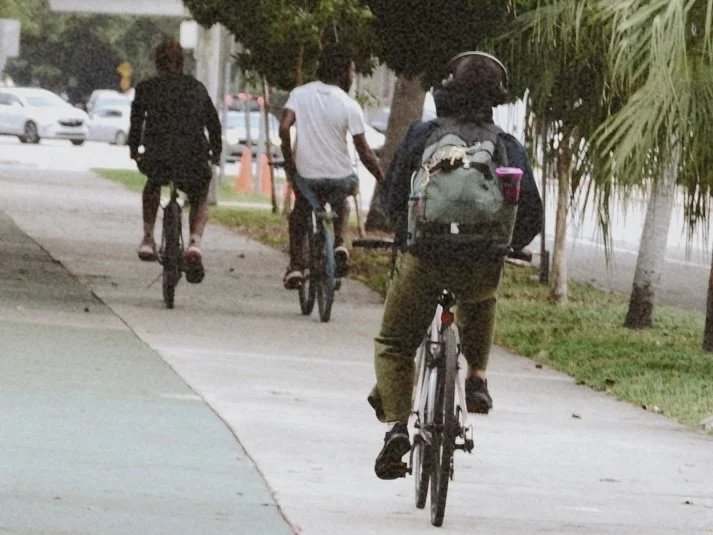An Epidemic on Education
“[They] agreed that it was neither possible nor necessary to educate people who never questioned anything.” ― Joseph Heller, Catch-22
Listen -
The American education system is that venture—a massive, collective effort fueled by good intentions, bound by bureaucracy, and burdened by contradiction. It asks us all—students, teachers, administrators, communities—to cooperate in a process that can never satisfy everyone. That’s not cynicism. It’s the paradox at the core of public education. This is the KATCH-22:
We expect every child to succeed, but cram them into overcrowded classrooms.
We preach "equal opportunity" but ignore systemic inequity.
We demand outcomes, yet offer little support for the mental, physical, and emotional development students need to thrive.
We pass sweeping policies like No Child Left Behind to raise standards, but in doing so, punish schools that serve the most vulnerable populations, labeling them as failures, while ignoring the roots of those disparities.
And now, charter schools enter the mix—bargaining for the same funding and breaks as public schools, while operating under vastly different levels of oversight. The pool of schools grows, but the resources do not. Standards across charters aren’t as consistent as public schools are required to be. And everyone knows… it's not the same.
Questioning is the beginning of real education—not rote memorization or blind obedience. Yet, our system punishes curiosity when it challenges norms.The challenge lies in the paradox that shapes our educational framework: you cannot fix the system without understanding it... but it’s hard to understand the system if it remains broken and one isn’t given the tools or knowledge needed to fix it.In the context of education, if citizens don’t have the tools to critically analyze the system or question its inefficiencies, they remain passive participants, unable to demand the changes necessary for improvement. This cycle of ignorance prevents real progress, keeping the system stagnant and failing many students, particularly those in marginalized communities. Ignorance is the true epidemic of America. I’ve seen it firsthand teaching in Miami.
And the deeper issue isn’t just what students are denied—it’s what they’re never even shown…
In this digital age within a system flooded with information but starved of direction, students are overwhelmed, unsupported, and often unaware of what opportunities even exist for them.
Ignorance isn’t just a byproduct of neglect—it’s become a tool. When no one takes the time to teach students what’s possible, they stop imagining anything beyond survival and with no care or ambition to learn more. The thief of success is not even knowing success is an option. And while we often point to schools, this failure isn’t theirs alone. Parents are supposed to be part of the equation—but in too many cases, they’re struggling just as much, or worse. Our communities are fractured and we can look at a broken education system that has now reached multiple generations and is affecting whole families.Everyone’s doing life alone. So no, I don’t blame my students
— I grieve for the system that taught them silence, confusion, or apathy was their only choice.
An Epidemic on Education
When Words Fail…




